Scientists haven’t visited the Île aux Cochons, an island in the southern Indian Ocean, since 1982 when it had the distinction of being home to the world’s largest colony of king penguins, and the second largest colony of all penguins.
At the time, there were estimate to be 500,000 breeding pairs, and over two million penguins in total, but since then things have taken a worrying turn and scientists aren’t sure why.
According to a study just published in the journal Antarctic Science, their population has declined since that last visit by almost 90 percent, leaving just 59,200 breeding pairs by 2017.

To come to that conclusion, researchers from the Chizé Centre for Biological Studies (CNRS/University of La Rochelle) examined three decades worth of high-resolution satellite images and aerial photos taken from a helicopter to measure changes in the in the population’s size.
“It was really a surprise for us,” Henri Weimerskirch, the study’s lead author and a member of the research teams in 1982 and 2016, told the New York Times. “It’s really very depressing.”
While the exact cause of the decline remains a mystery, researchers believe climate change could be playing a role. It’s believed the decline started in the late 1990s, when there was a climactic event in the Southern Ocean related to El Niño, which pushed their food sources farther away.
As the authors note, less food with such a large population could seriously increase competition and cause a fast and rapid drop in numbers. Some other theories they have include disease and parasites, or predation by invasive feral cats and mice, but they don’t think those theories offer a “satisfactory explanation” for such a huge loss of penguins.
Right now, king penguins are listed as a species of Least Concern on the IUCN Red List of Threatened Species, but this study has raised questions about whether they may be endangered and need to be reevaluated.
A separate study published earlier this year already raised the alarm about whether they’ll be able survive on the Crozet archipelago that contains Île aux Cochons, which are about half way between Africa and Antarctica, in the face of climate change. That study projected that half of the king penguin population, which nests on the Crozet and Prince Edward Islands, would lose their habitat by 2100.
Researchers won’t be able to draw any further conclusions until they can do an actual head count to confirm their conclusion, but that won’t happen until at least next year.
Hopefully they’ll be able to find more answers about what’s happening here, which could also help with our understanding of threats other penguin colonies are facing.
This article was first published by Care2.com on 01 Aug 2018.
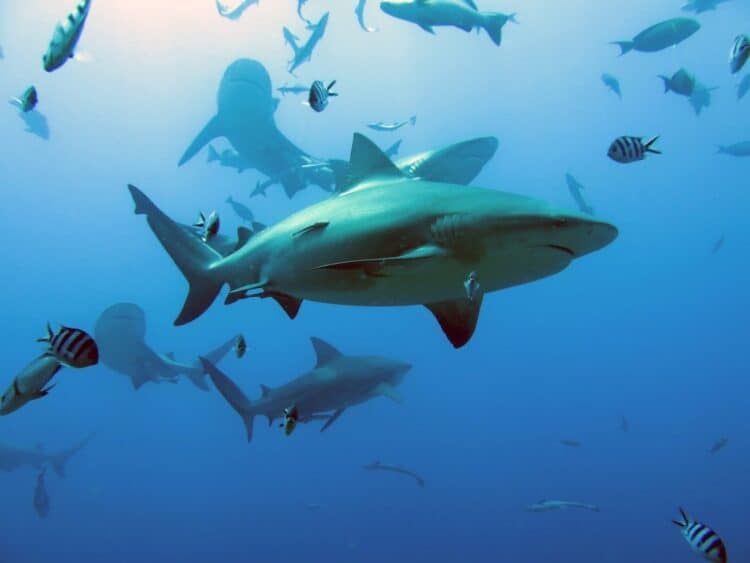
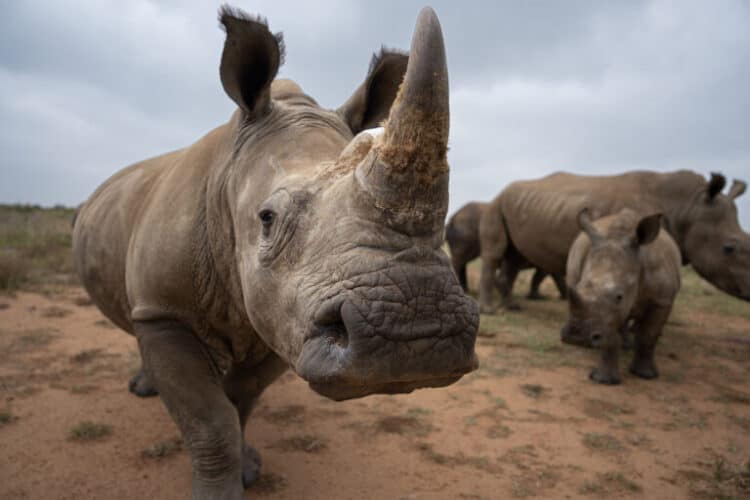
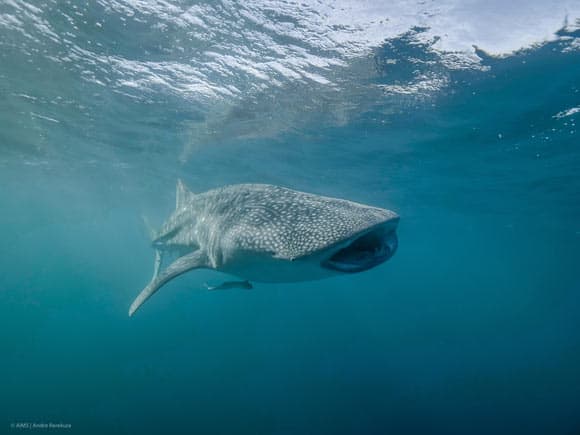
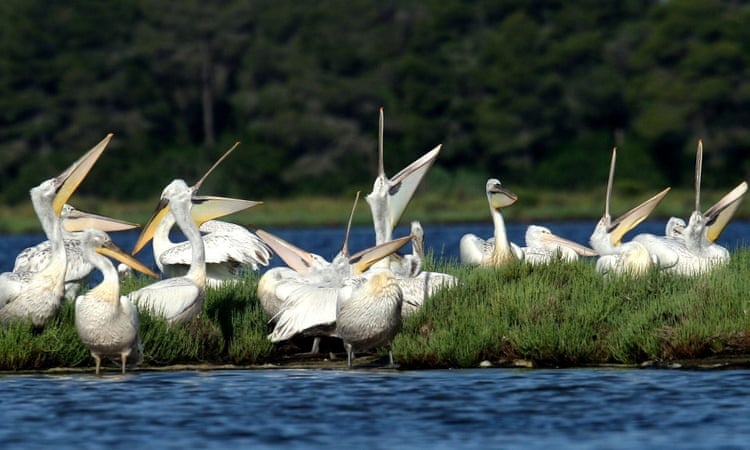
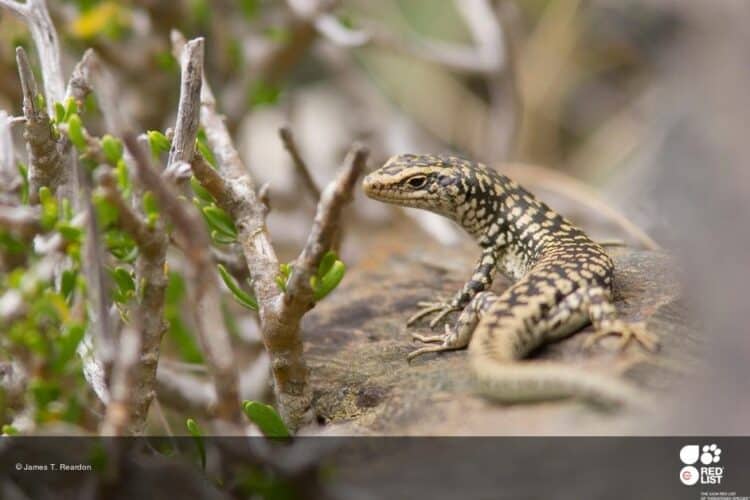
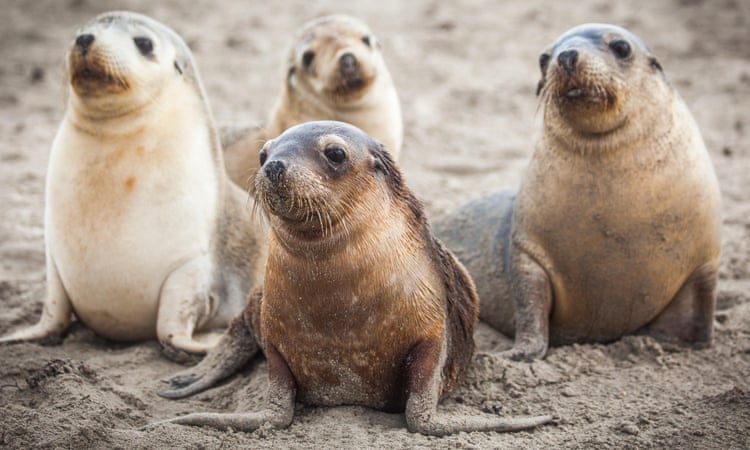
Leave a Reply